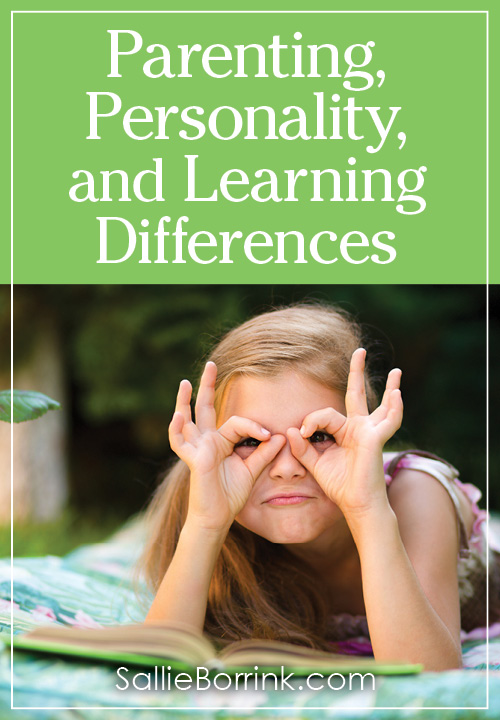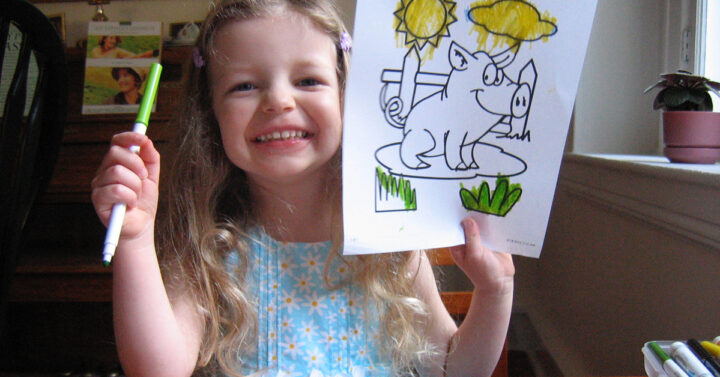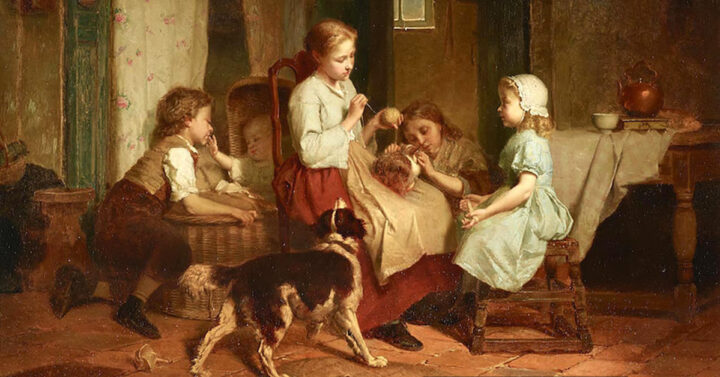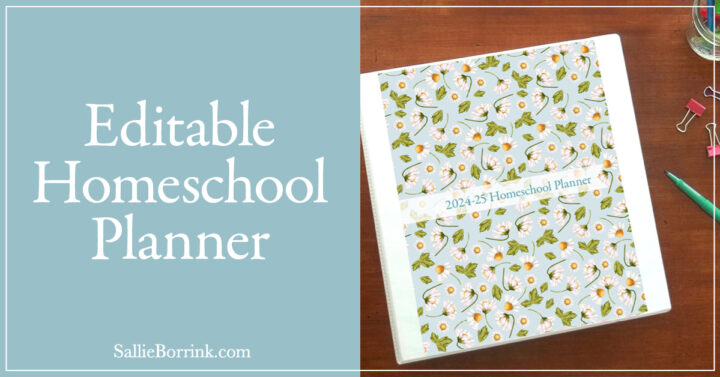Today’s guest post is by Brenda from Schooling a Monkey.
When my daughter, Monkey, was a baby, I had a lot of expectations for her. She would be obedient, she would never throw fits, and I would not allow her to whine. She would be peaceful, calm, and sweet.
Aside from my normal parenting naivete, and the expectation adjustments that occur when you become a parent, Monkey did not respond to situations like most kids. Things I expected her to grow out of at certain ages simply didn’t happen.
When we found out she had ADHD tendencies, her behaviors made more sense, but I still felt like it was my parenting that had caused those differences.
Parenting or Personality?
When it is your child who is the one disrupting Sunday school, fidgeting during classes, and getting worked up because another child didn’t throw a ball to her, you start to get “those” looks from other parents.
The looks that seem to say, “Why don’t you discipline your child?” and “Your child is spoiled and if you implemented proper parenting techniques, your child would be a better person.”
Over time, I found myself doubting myself and starting to believe maybe I was bad at being a parent. Why couldn’t I create calm, reasonable children like other parents?
Maybe if I tried positive parenting/more spankings/different foods/making her sleep more/whatever other “helpful” advice I received from other parents, I could change my daughter’s personality.
But no matter what I tried, Monkey remained herself. Over time, I began to look more closely at her, and I realized that her “flaws” aren’t flaws at all, but rather simple differences that make her a unique and beautiful person.
Would Monkey rather stand on her head while reciting spelling words? Absolutely.
Does that mean she is a bad child or I am a bad parent? Absolutely not.
Learning Differences and Homeschooling
One of my favorite things about homeschooling is that we are free to learn in our own way. I can allow Monkey to do school the way she learns best (which is usually upside down) and she will not be scolded, medicated, or held back because of it.
I found when I refused to see her personality and learning differences as handicaps, I was able to be a better parent to her. Differences that had frustrated me before I was now able to embrace and use as a tool to help Monkey learn in a more effective way and become a stronger person. I was also less frustrated and stressed and more confident in my parenting and teaching ability.
Learning difficulties are hard on both children and parents in the wrong setting, but in the right setting with the right confidence in your child, learning difficulties can become your biggest asset because they force you to think creatively about education.
Maybe one day all children will be learning multiplication facts while standing on their heads.
Brenda is a writer and homeschooling mom to two girls, Monkey (8) and Bo (2). She blogs about her adventures homeschooling a child with learning differences, crafts, green living, and fun at Schooling a Monkey.










 When People Call Your Child Your Idol
When People Call Your Child Your Idol
Leave a Reply